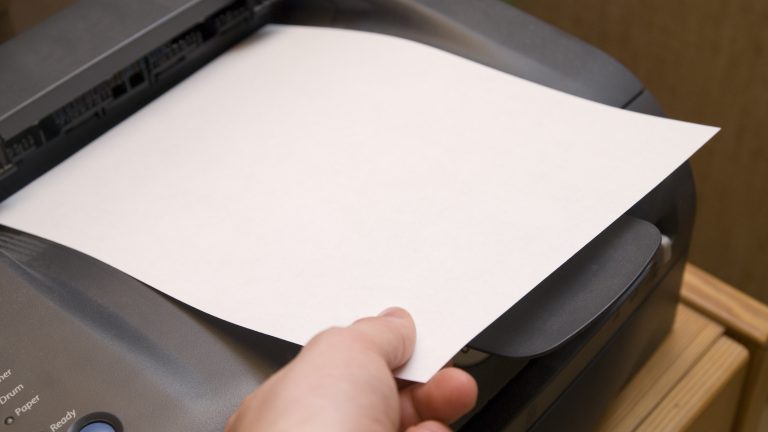
The printer industry is in a rut.
With the digitization of, well, nearly everything, people just don’t print like they used to. More modern ways of storing and sharing information, changes in communication preferences at home and in offices, and environmental concerns have stonewalled the printing industry and challenged stakeholders like HP.
I’d argue that it’s not just technological, economic, and societal changes that have diminished printer businesses. For the average person, printers and their capabilities have become boring. When’s the last time you’ve heard of a new killer printer feature?
HP has received a lot of guff for alleged anti-consumer practices in its printer business, turning many people off the devices. But HP’s latest print announcement is a rare example of a printer firm proposing new, potentially helpful features instead of questionable business tactics to drive business.
Printers need a rebrand
Frequent readers of Ars Technica (including myself) may be surprised to see me praising a printer company, especially HP. In recent years, HP has been a big driver of broken trust between printer brands and customers.
Its most egregious offense has been using firmware updates to make it so previously purchased printers no longer work with non-HP ink. HP has dealt with numerous lawsuits over this and has paid out millions in fines and customer compensation. Activists have called for HP printers to be removed from the Electronic Product Environmental Assessment Tool registry because of HP’s Dynamic Security updates.
But HP continues to stand by Dynamic Security, with CEO Enrique Lores even going so far as to unrealistically claim that third-party ink poses a cybersecurity threat. Updates that brick features of devices that people rely on for valued, or even work-critical, tasks can wreck someone’s day. It can also make people distrustful of updates, creating more pressing security concerns than that of non-proprietary ink cartridges. Further, HP and other printer companies (like Canon) have also been rightfully criticized for making combo printer-scanner devices require ink to perform scans, something that should be an inkless task.





